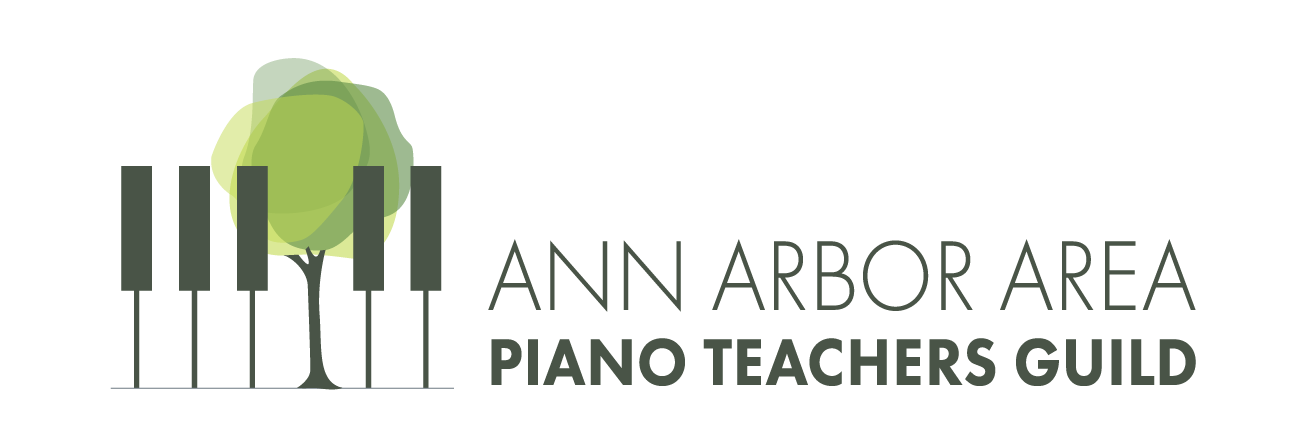1. How long should my child practice?
More important than the length of time spent practice is the quality of practice, and the practice techniques used. As a general rule, teachers show students the best way to practice certain passages involving particular technical skills. One of the first things a student learns is how to isolate more challenging passages, and beginning practice time on those passages, rather than starting at the beginning of the piece each time.
2. What happens when my child loses interest in practicing?
At some point, all students reach levels, or plateaus, where practice becomes more onerous, and they push back against reminders to practice. Discuss this with your child’s teacher, who is probably already aware of the problem. Remind the student that nothing in life is achieved without work, whether involving sports, making wonderful pieces of art, or passing courses in school. Look for goals: perhaps recitals, group classes, rewards at home. Keeping a chart where practice times are recorded, and rewards given for certain levels of practice accomplishes, a particular time for regular practice, setting a particular day(s) when the child will have “off” from practice are all good suggestions.
3. My child was ill [had play practice, was involved with family activities, had an important sports event, etc.] this past week and had little or no time to practice. Should he/she skip the lesson due to lack of preparedness?
Definitely not! Much of what had taken place at the preceding lesson will have been lost, due to non-practice. The scheduled lesson can be used as a supervised practice to help get the student back on track. Additionally, taking the scheduled lesson will help develop in the student (and parent!) a sense of responsibility to commitments.
4. I don’t play an instrument. How do I tell if my child is getting good piano instruction?
There are many different measuring sticks: at the teacher’s recitals do the students seem to be well-prepared? Is your child required to practice exercises, such as scales and arpeggios on a regular basis? Is your child being asked to play music from many different eras, such as Baroque and 20th century? Are there opportunities for group classes? Does the teacher seem engaged and enthusiastic about teaching? Does the teacher continue his/her own professional education? Do the teachers’ students participate in regular local competitions
5. We currently have a digital keyboard. We don’t want to spend the money on an acoustic piano until our child shows real progress. Is this the correct thing to do?
Would you ask your child to learn to play soccer with a half-inflated soccer ball? Would you have your child learn to drive on a 20 year-old stick shift automobile without power steering? The difference between playing a digital keyboard an acoustic piano is enormous, and the latter should be provided as soon as is economically possible.
